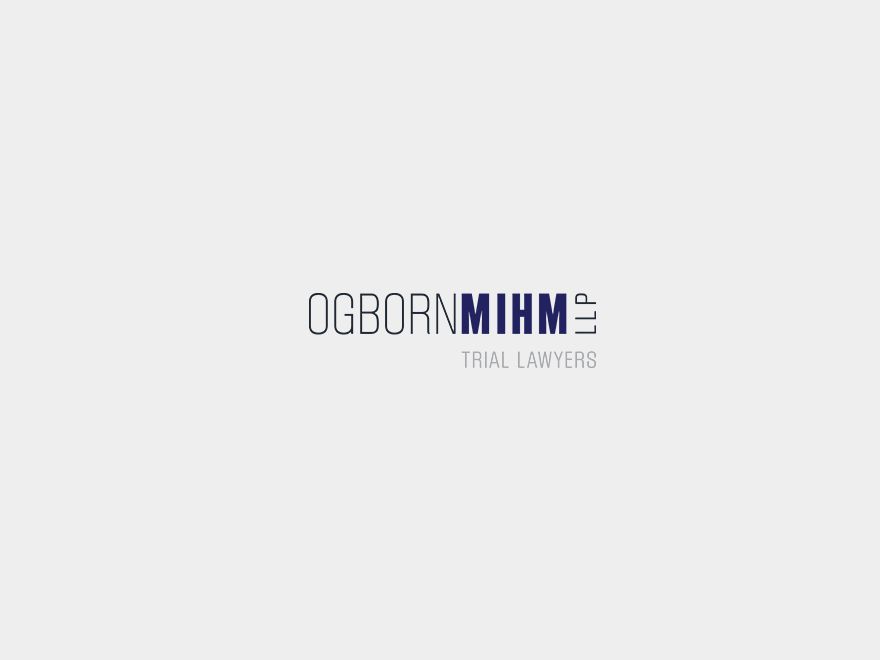In a major decision issued today, the Colorado Supreme Court affirmed a $10.5 million jury verdict in Keaten v. Terra Management Group, LLC, while clarifying when parties have a legal duty to preserve evidence before a lawsuit is filed. The ruling sets a new standard for spoliation cases in Colorado and significantly impacts litigants statewide.
The Court held that parties must preserve relevant evidence when litigation is underway and when it is “reasonably foreseeable.” That foreseeability, the justices said, is judged using an objective, fact-specific standard – not just the filing of a complaint. While the trial court imposed sanctions for spoliation against the defendants, the Supreme Court ruled that any error was harmless. The verdict stood on independent grounds, including environmental testing and professional testimony.
“This decision not only affirms justice for our clients but also provides clarity for litigants, courts, and practitioners across the state,” said partner Jason Wesoky of Ogborn Mihm LLP, who argued the case before the Supreme Court. “It marks an important step in preserving fairness and accountability in the civil justice system.”
The issue of preservation arose because the defendants discarded materials from an apartment suspected of housing a meth lab – even after repeated complaints from the plaintiffs about toxic chemical exposure and health problems. The property managers renovated the space rather than preserving the apartment or its contents, failing to retain key evidence. The trial court sanctioned that conduct; the Colorado Supreme Court used the case to define when prelitigation evidence preservation becomes a legal duty.
The plaintiffs, Kathleen and Delaney Keaten, suffered permanent brain injuries from toxic chemical exposure in their Section 8 apartment. Their unit sat directly above the apartment in question. Despite persistent complaints and warnings, the property managers failed to act or retain evidence, leading to a highly contested trial.
Trial attorney Ross Ziev secured the original verdict, which was later named Case of the Year by the Colorado Trial Lawyers Association. When the case moved into appellate courts, partners Jason Wesoky and Kylie M. Schmidt of Ogborn Mihm LLP took over, successfully defending the verdict before the Colorado Court of Appeals and the Colorado Supreme Court. Wesoky delivered an oral argument in Pueblo during the Court’s “Courts in the Community” program. That argument is available in the Colorado Judicial Branch’s Appellate Broadcast Archive (search case 23SC272).
Ogborn Mihm maintains a leading appellate practice, handling hundreds of appeals across Colorado’s state and federal courts. The firm is known for supporting trial lawyers through strategic briefing and argument, especially in high-stakes, precedent-setting cases like Keaten.






